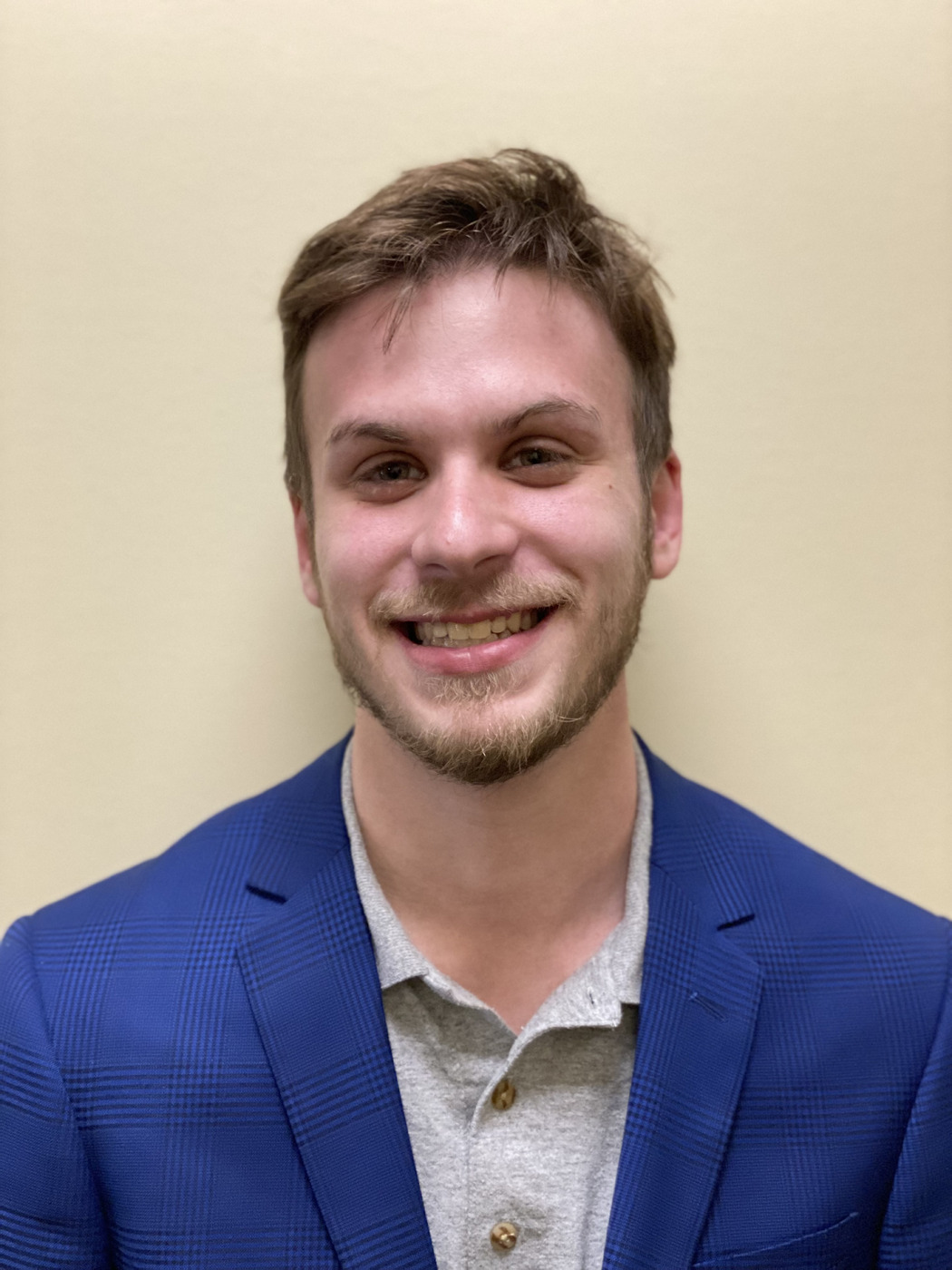
As of March of 2022, there are over 5 million more jobs than unemployed people to fill them. The reasons for this surplus of jobs vary. The Great Resignation has played its role. The hundreds of thousands of jobs added in March alone have also contributed to the imbalance. These are jobs in every industry and include a range of skill level requirements. It goes without saying that with all of these available jobs come thousands of leadership positions needing to be filled.
Formed in 2015, The Next Step Programs seek to raise awareness and erase stigmas surrounding the idea of disabled individuals filling some of these open leadership roles.
“People with disabilities should be active members of leadership within an organization,” says Joshua Fields, CEO of The Next Step. This belief has driven the mission of The Next Step, a program that gives people with disabilities educational and employment opportunities.
Fighting Stigma
Joshua Fields founded The Next Step at the tender age of 16 after volunteering for the PALS Program, a camp for young people with Down Syndrome. Fields saw the potential and the desire to succeed woven through the disability community. He formed The Next Step to give that community access to the opportunities and education necessary to fulfill their potential.
“People with disabilities represent a large sector of our communities and have valuable perspectives, lived experiences, and skills to offer all organizations and communities,” explains Fields. Still, fighting the stigma surrounding disability in the workplace becomes even more challenging when considering leadership roles in organizations.
Diversity and inclusion initiatives have been thrust into the spotlight in the past decade. Many companies have installed diversity programs, training, and even Diversity and Inclusion Managers to help them focus on a diverse workforce. However, people with disabilities are often excluded from the diversity and inclusion discussion. Some of this comes from the broad definitions of “disability.” Yet, much of the reason for the exclusion may come from preconceived notions of what people with disabilities are capable of; and it is these preconceived notions that Fields is hoping to change.
A Focus on Ability
Even at the young age of 24, Fields already has years of disability advocacy under his belt. He learned early on that, as a person without a disability, he had access to more opportunities and a better chance of someday landing a leadership role in his field.
The entire platform of The Next Step program is preparedness for life after high school. That life could include higher education, a first job, or even starting a career trajectory towards leadership.
“At The Next Step Programs, we prepare both young adults with disabilities for life in their communities after high school,” says Fields, “We do this by focusing on essential soft skills needed for success after high school, including social skills, employability, advocacy, and leadership.”
Leadership is something people with disabilities are ready for; this fact is one Fields is working hard to impress upon employers. One study has shown that upwards of 3 in 10 white-collar workers in the United States have a disability. The disability community is vast, and the definition of disability is broad, but this span of definition tends to work against the disability community. More visible disabilities tend to have more stigma heaped upon them than invisible disabilities. The inequity is often blatant. With the disability community often being excluded from the diversity and inclusion discussion, further work is needed to right the ship.
“Organizations that boast diversity and inclusion, but fail to include those with disabilities in their leadership teams and board directors, are missing the mark,” says Fields.
Preparing People with Disabilities for Leadership
The Next Step Program works with people to sharpen their communication skills and social fundamentals, the building blocks of any leadership role.
“The lack of opportunities for people with disabilities is a function of both a lack of education preparing people with disabilities and a lack of education preparing employers in how to train people with disabilities and remove barriers,” Fields told NYWeekly.
The Next Step practices what they preach, placing people with disabilities in leadership roles within their own staff and board.
“Within our own community, we are blessed to have so many leaders with disabilities guiding our mission and our work,” explains Fields. “From our staff team to our Board of Directors, representation from the disability community is essential.”
Representation and advocacy are central to The Next Step’s objective.
“The disability community and their families have been paving the way for change,” says Fields, “it is now on the greater community and businesses to acknowledge the benefits and perspectives of the disability community.”
If statistics are any indication, the jobs are there for the taking, including leadership roles. The Next Step is doing its part to shine the spotlight on capable and willing people with disabilities prepared to fill those leadership roles.
Newsroom: prodigy.submitmypressrelease.com
Release ID: 246766













